When to see an otorhinolaryngologist and what procedures does he/she perform?
It is advisable to see an otolaryngologist (ear, nose and throat specialist)
if you experience any of the following symptoms or problems:
-Persistent or intermittent ear pain.
-Hearing loss or ringing in the ears
-Frequent ear infections
-Balance problems or vertigo
-Nasal blockage or difficulty breathing through the nose
-Head or facial pain
-Hoarseness or hoarse voice
-Nosebleeds or runny nose
-Crooked nose or deformity in the structure of the nose
-Swallowing problems or pain when swallowing
If you experience any of these symptoms, it is important to consult with a specialist for an accurate diagnosis and appropriate treatment.
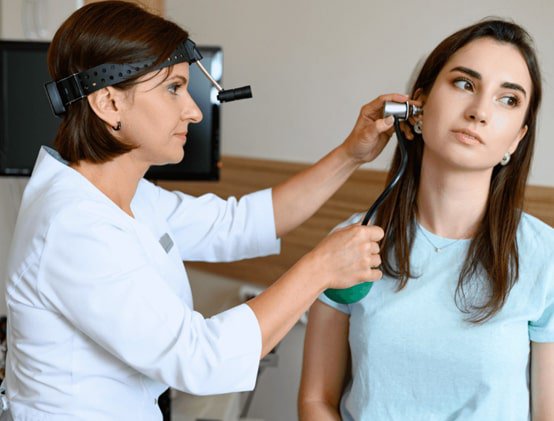
What are the latest otorhinolaryngologist procedures?
There are many modern and advanced procedures in otolaryngology that are performed
in order to treat ear, nose, throat and head problems.
Some of the more modern procedures include:

Nasal endoscopic surgery:
Used to treat problems of the nose, such as nasal septal deviations, nasal polyps and sinusitis.
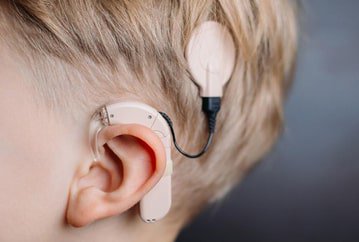
Cochlear implant:
Used to treat deafness and improve hearing in patients with permanent hearing loss.
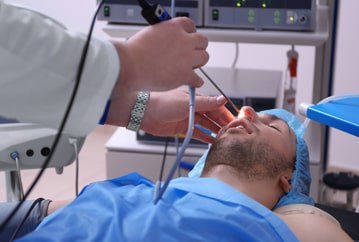
Radiofrequency for allergic rhinitis:
Used to treat allergic rhinitis and reduce symptoms such as nasal congestion and runny nose.
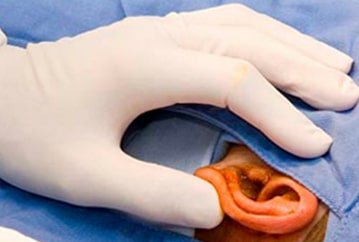
Cosmetic ear surgery:
Used to improve the appearance of the ear and correct congenital or acquired deformities.

Laser surgery for tonsillitis:
Used to treat tonsillitis and reduce the size of the tonsils.
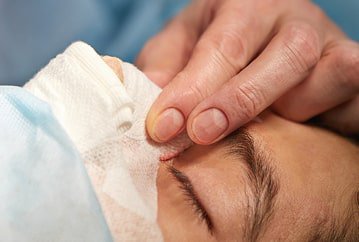
Techniques for reconstruction of nose:
Used to correct deformities of the nose and improve nasal function.
These procedures are safe and effective, but it is important to consult with an otolaryngology
specialist to determine the best treatment for your specific case.
























